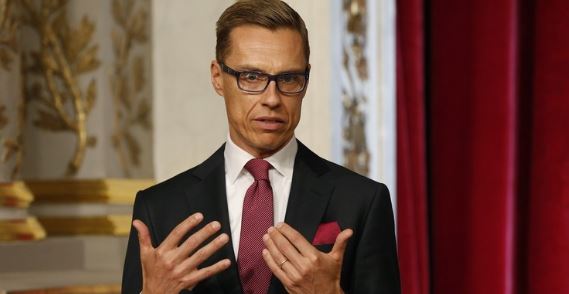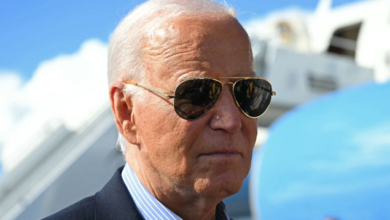Finland’s Perspective: Dim Prospects for Peace in Ukraine

In the unfolding narrative of the Ukraine conflict, Finland’s stance presents a sobering view of the current state and future prospects. The Finnish perspective, shaped by its historical and geographical proximity to Russia, offers unique insights into the complexities of the situation. As tensions continue to simmer, the possibility of a peaceful resolution seems increasingly distant.
Finland, known for its diplomatic acumen and a deep understanding of Eastern European geopolitics, has been closely monitoring the developments in Ukraine. The nation’s leaders suggest that the path to peace is fraught with challenges, primarily due to the entrenched positions of the involved parties. The conflict, which has escalated beyond regional skirmishes to involve global powers, appears to be in a deadlock, with neither side showing willingness to compromise.
The Finnish analysis points to several key factors complicating peace efforts. First, the geopolitical ambitions of Russia, manifesting in its military and strategic maneuvers, have significantly destabilized the region. Second, Ukraine’s determination to uphold its sovereignty and territorial integrity has made it a symbol of resistance, drawing international support that complicates negotiation dynamics.
Moreover, the international community’s involvement, while aimed at mediating the conflict, often adds layers of complexity. Sanctions, military aid, and diplomatic efforts have, paradoxically, both contained and exacerbated the situation. The resultant environment is one of uncertainty, with peace initiatives struggling to gain traction amid fluctuating political and military landscapes.
Finland’s assessment underscores the need for a multifaceted approach to peacebuilding. It advocates for sustained international dialogue, humanitarian aid to alleviate the plight of civilians, and strategic patience. Yet, the underlying message is clear: without significant shifts in the stances of the primary actors, the prospect for peace remains bleak.
In this context, Finland positions itself as a voice of reason, advocating for dialogue and understanding, yet realistic about the hurdles ahead. As the situation evolves, the international community’s role in fostering conditions conducive to peace becomes ever more critical. Yet, Finland’s perspective serves as a reminder that the road to resolution is long and fraught with complexities that demand thoughtful navigation.
The insights from Finland not only contribute to a deeper understanding of the conflict but also highlight the intricate dance of diplomacy and power that defines our contemporary world. As observers and participants in this global dialogue, the prognosis for peace in Ukraine remains a matter of intense scrutiny and concern, reflecting broader challenges facing international relations today.





